To celebrate SLAM’s 30th anniversary, we’re spotlighting the 30 most influential men’s college teams from our past 30 years. Stats, records and chips aren’t the main factor here, it’s all about their contribution to the game’s cultural fabric.
For the next 30 days—Monday through Friday— we’ll be unveiling the full list here. We’ve also got an exclusive retro collegiate collection, out now, that pays homage to each squad’s threads. Shop here.
It’s hard to win a conference championship when you only have two players who average in double figures, let alone getting into the NCAA Tournament and making a deep run. Well, anything is possible when one of those players is on his way to becoming the best shooter in basketball history.
Unless you were a college hoops junkie and someone who followed the mid-majors, there’s a good chance you never even heard of Davidson College before March of ‘08–a liberal arts college with an enrollment of less than 2,000 students. A Cinderella story was being crafted all season long in Davidson, North Carolina, a small town outside of Charlotte.
Davidson was fresh off a successful season in which they won the SoCon (Southern Conference) regular season and the SoCon Tournament. Despite a disappointing loss in the first round of the NCAA Tournament, they were onto something special. With just a little more time and synergy, maybe they could shock the world.
Any success they’d dream about having for the ‘08 campaign was dependent on Stephen Curry, the baby-faced assassin, their returning point guard, a skinny 6-2 sophomore who’d been overlooked his entire life up to that point. He had just come off a season where he earned SoCon Freshman of the Year but was hardly ever mentioned when people discussed the top players in college basketball. As a small mid-major in the shadows of their fellow Carolina foes like Duke, UNC, NC State and others, Davidson and their players faced an uphill battle to earn their warranted respect.
Their coaching staff figured playing a nearly impossible non-conference schedule was the best way to earn that respect. Not only would this put the country and NCAA committee on notice, but if all went well, making it through their non-conference schedule alive would be just the self-assurance Davidson needed to know they could compete with anyone in the field.
They were very competitive against the high-majors on their schedule but struggled to pull out wins against them. They lost close games to No. 1 UNC, No. 7 Duke, No. 7 UCLA and NC State. Losses like these often shake the confidence of young teams, but that Davidson squad saw the silver lining. They were knocking on the door.
Since Davidson didn’t have any signature wins on their resume, they’d have to run through the SoCon and win the conference tournament to earn a spot in the Big Dance. They did exactly that, going an impressive 20-0 in the conference and securing a 10-seed. For most mid-major programs, this alone would constitute the season a success.
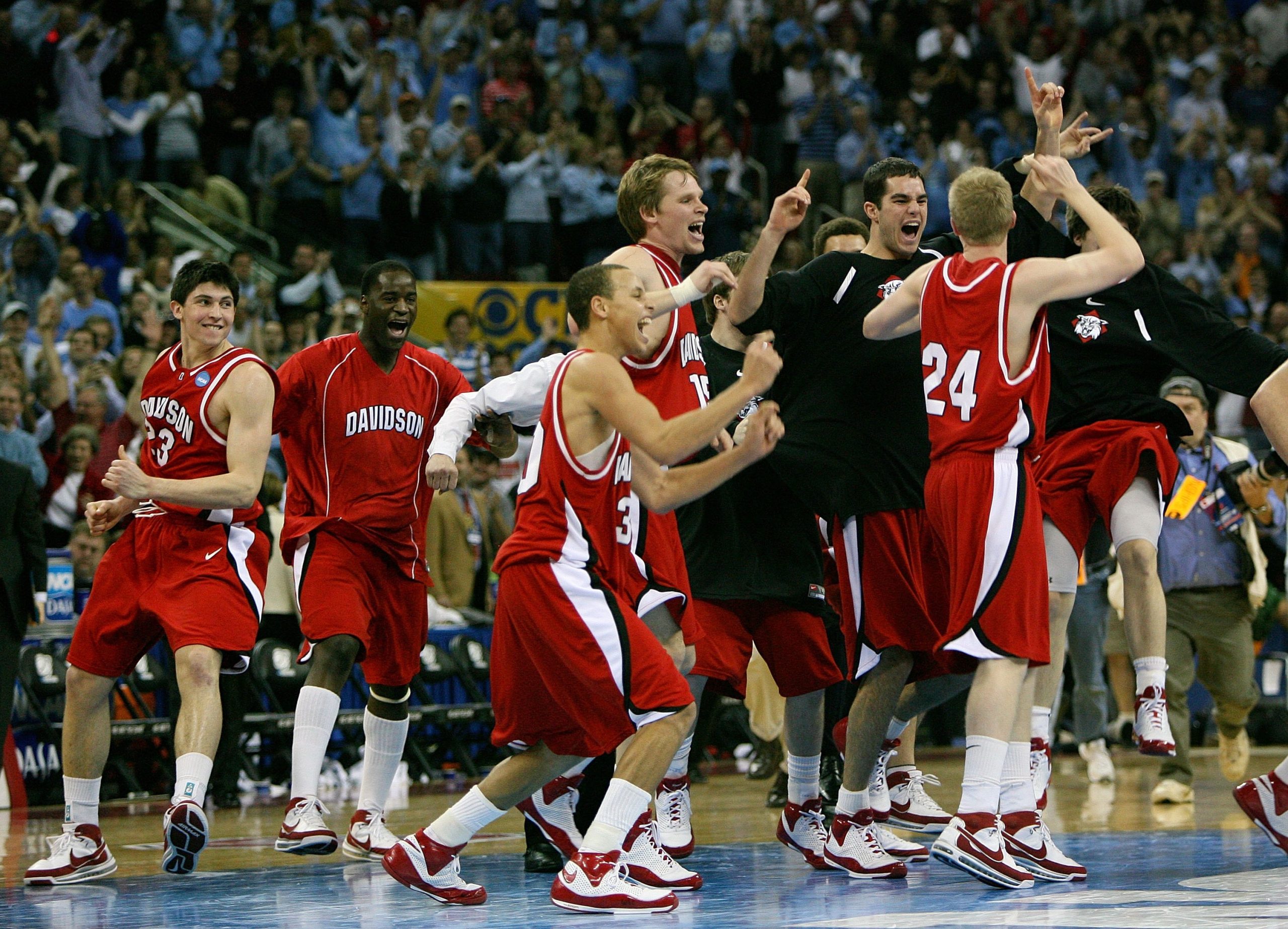
Their superstar, Stephen, had a spectacular season that included a couple of 40-point performances, a bunch of 30 pieces and too many 20-point outbursts to count. He was named SoCon Player of the Year, First-team All-SoCon and AP second-team All-American, among many other accolades. But he still had bigger fish to fry; he wasn’t done yet. Somehow, he was still flying under the radar. Could he do it against stronger and longer athletes? Could his style of play translate in the NCAA Tournament?
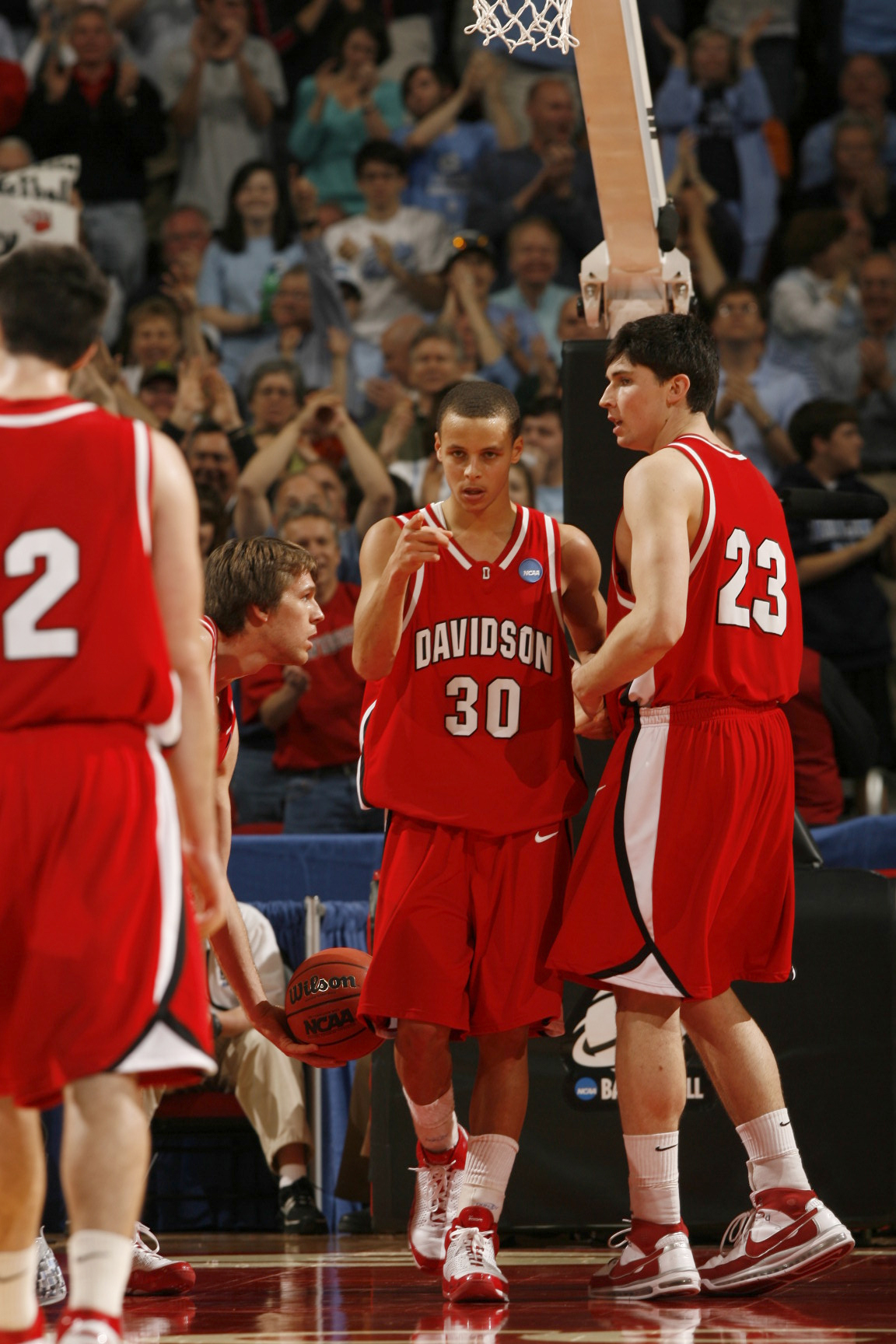
Nobody outside of that program could have envisioned what would happen next. Heck, most people inside the program probably couldn’t have envisioned it.
In three NCAA Tournament wins, Stephen scorched Gonzaga for 40 points, erupted for 30 against Georgetown and blazed Wisconsin for 33. And these weren’t quiet performances; his shooting prowess was like nothing we’d seen before, and definitely not at the college level. The fact that he did all of this while wearing a red Davidson jersey and not one of blueblood’s makes it much more significant. They’d eventually lose a heartbreaker by two points in the Elite Eight to Kansas, who ultimately won the whole thing.
Stephen was obviously the main ingredient to Davidson’s success that year; let’s be clear, though–nobody, and I mean nobody, makes it to the Elite Eight by accident. There may not have been another household name on that roster, but Stephen’s supporting cast showed up when it mattered most. Namely, their senior point guard Jason Richards was the only player to average more minutes per game than Stephen and finished as the top assist man in college basketball that season. They were a balanced team; everyone bought into whatever it took to get the job done. No egos, no selfishness, no ulterior motives. Add a future hall-of-famer to the mix, and it’s a no-brainer that they were able to achieve greatness.
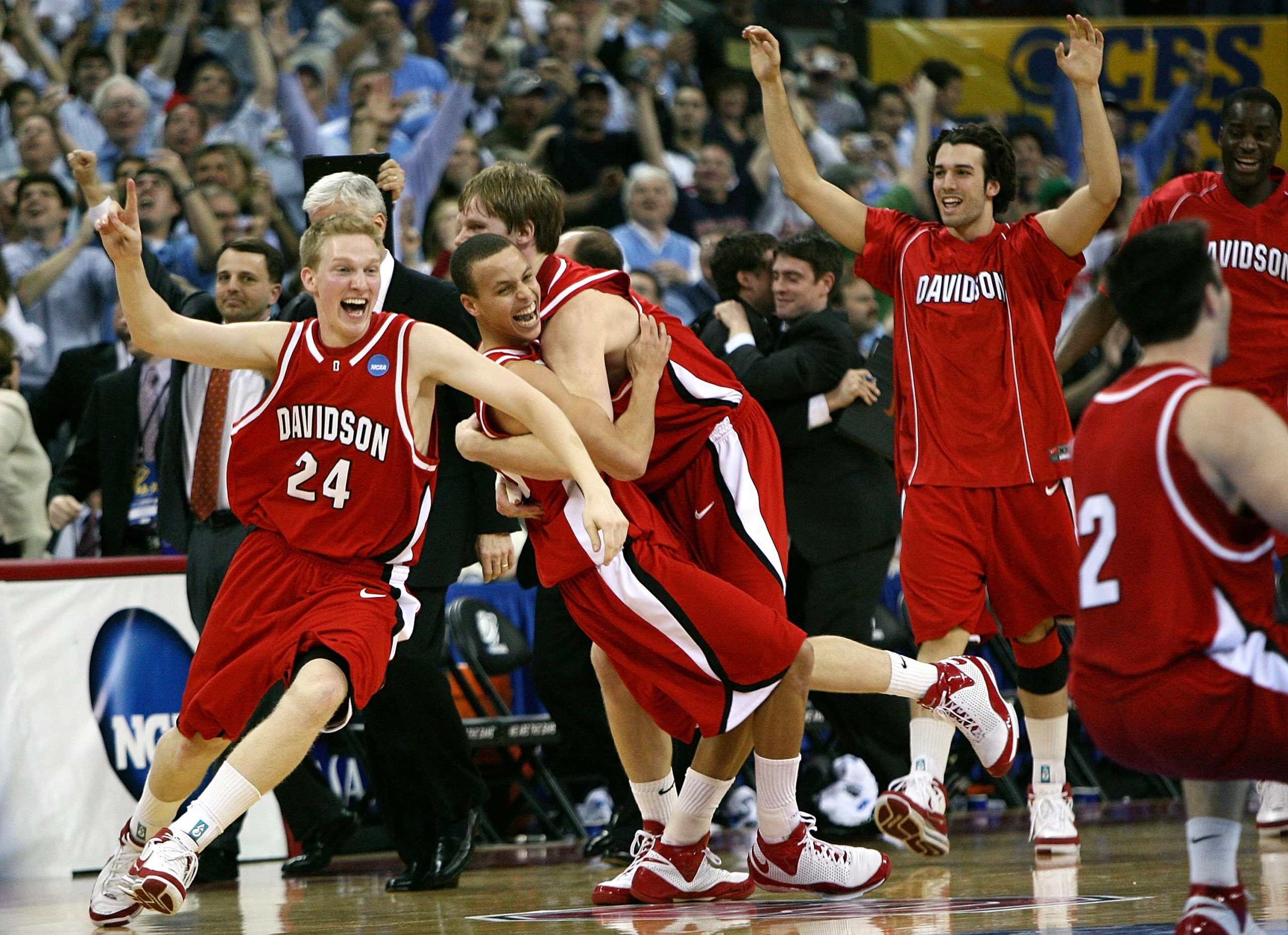
Today, Stephen is recognized as one of the greatest basketball players in the history of the game. His ‘08 season at Davidson was the beginning of the future of basketball. Inevitably, the ‘08 Davidson Wildcats go down as one of the most impactful college basketball teams ever.
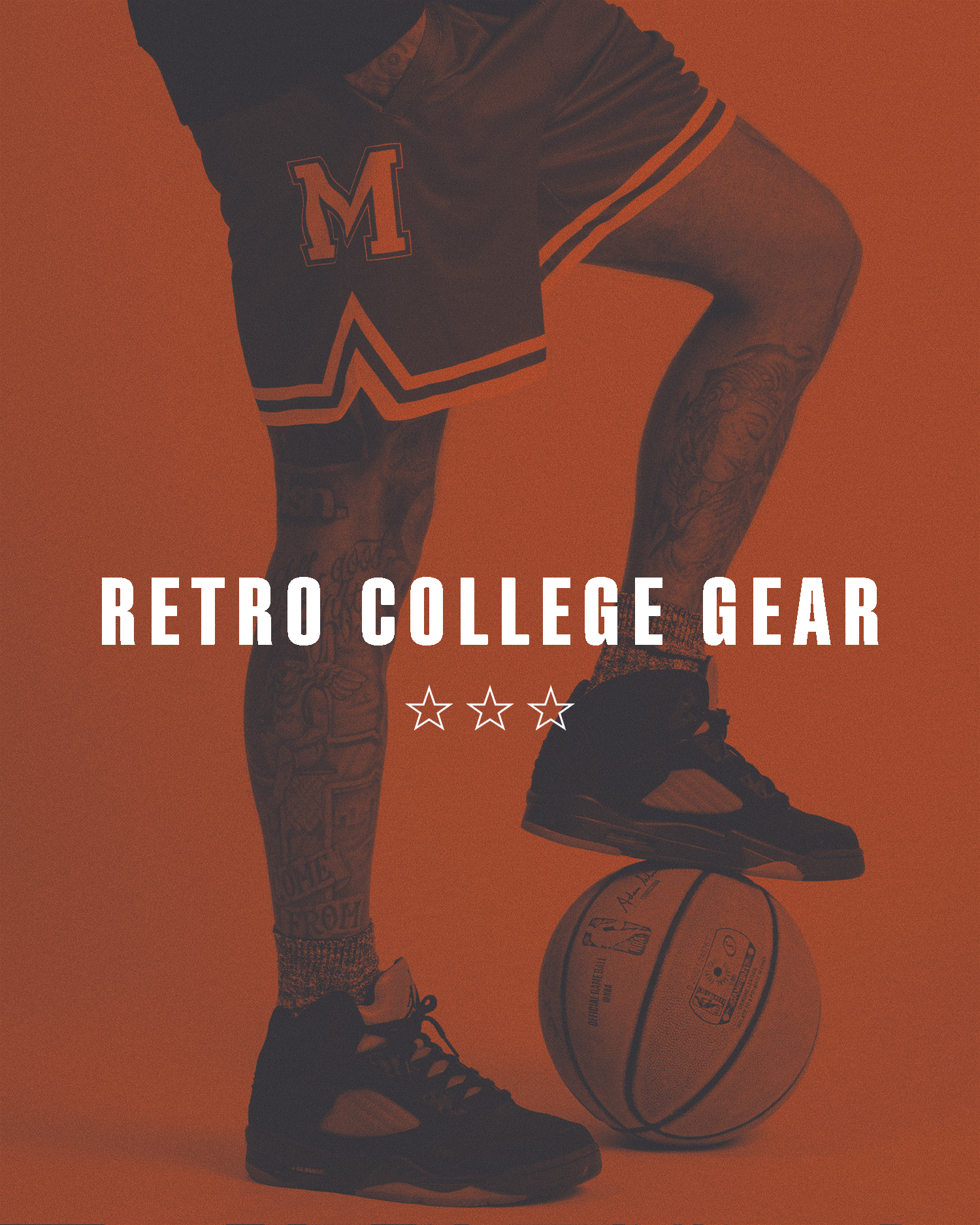










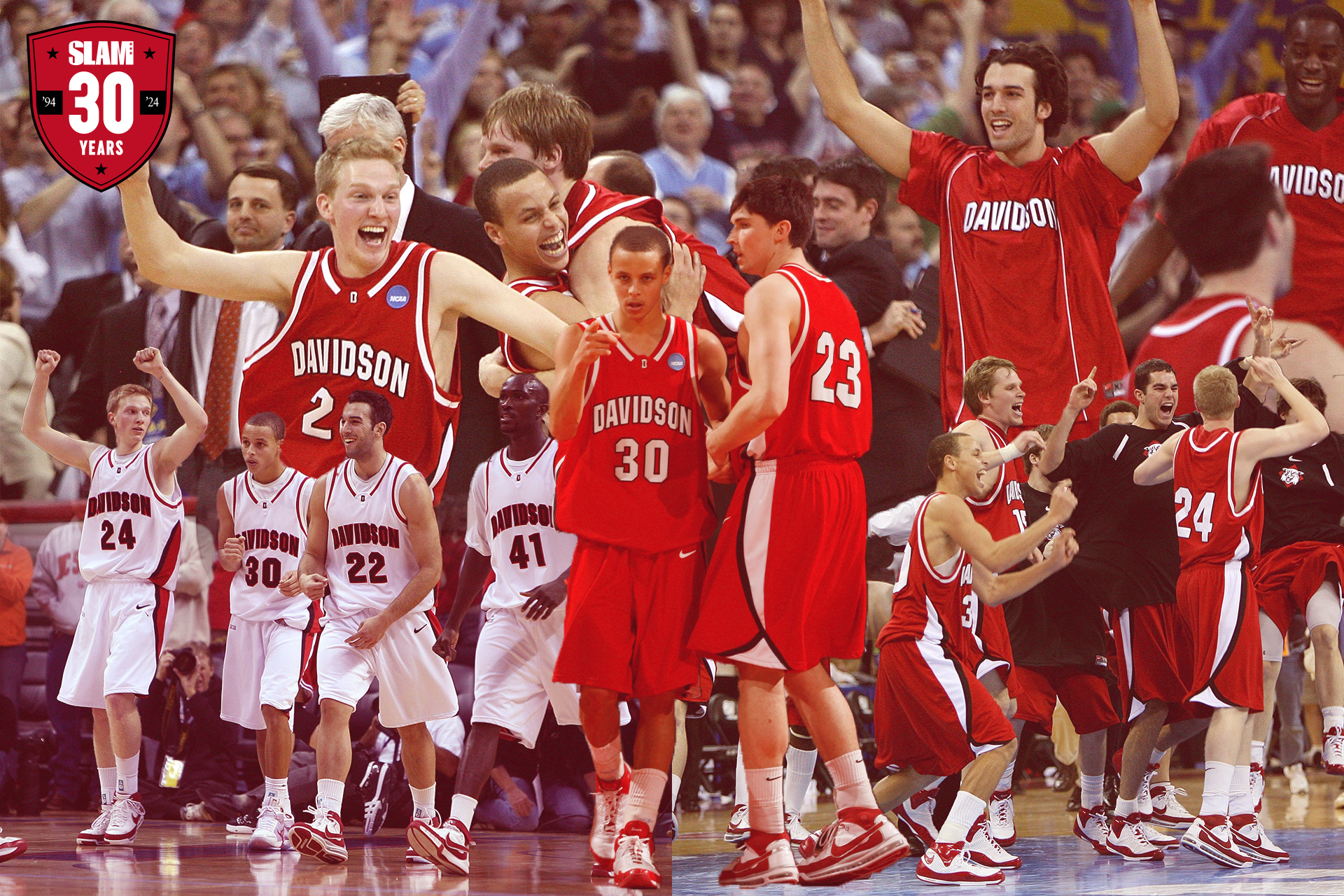
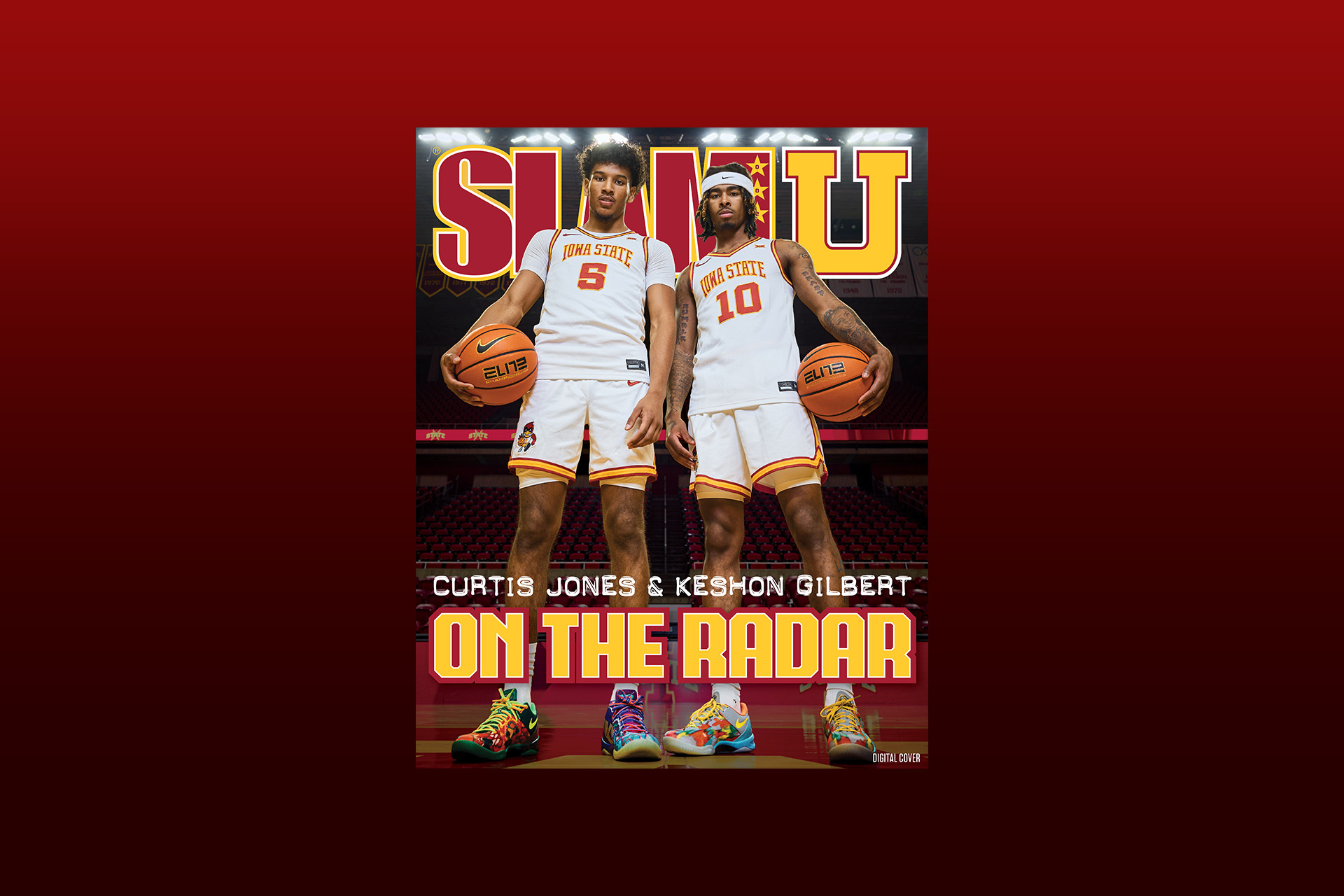




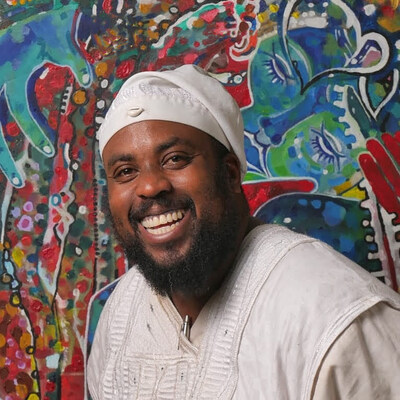




Discussion about this post